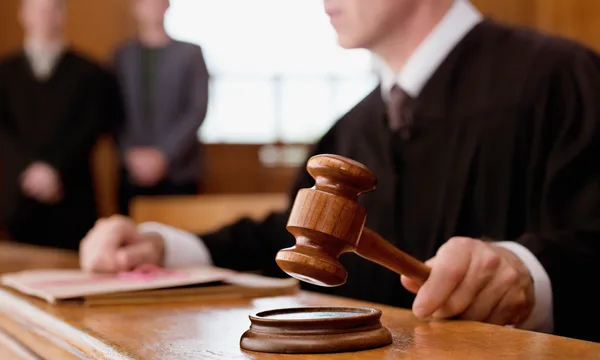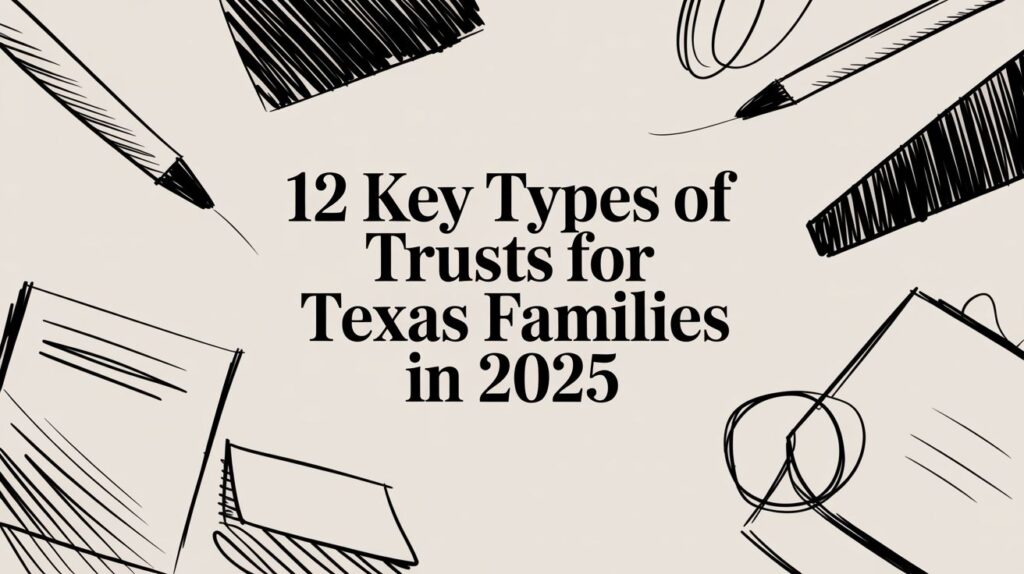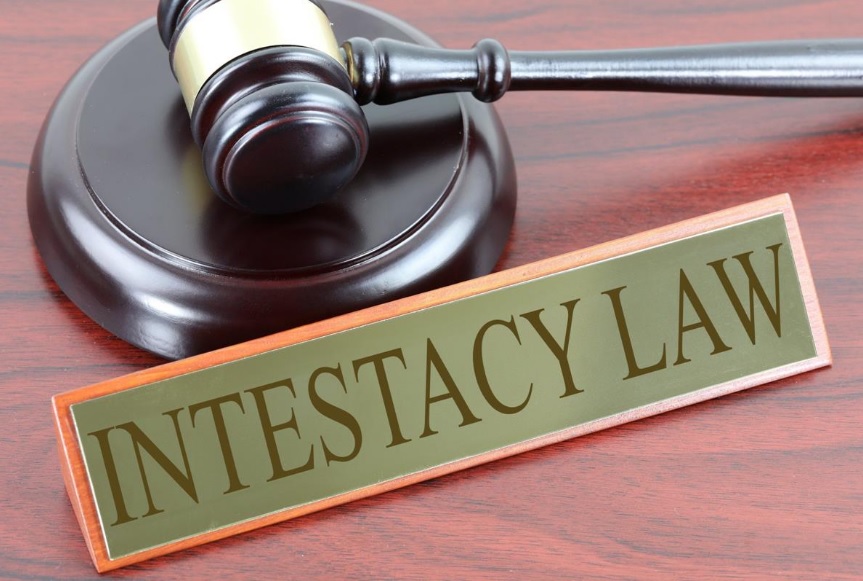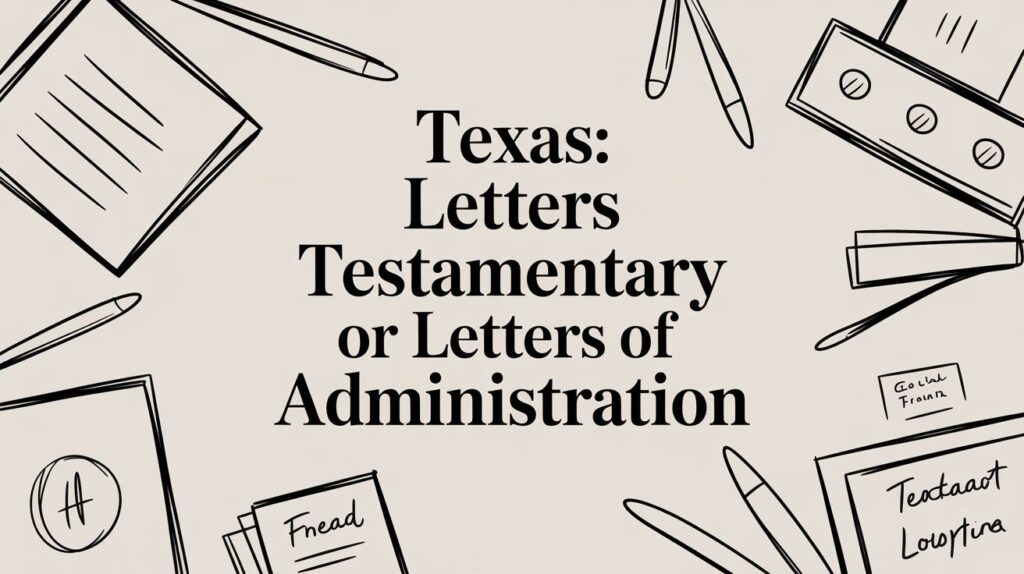Not everyone passes away with a will in place. In fact, you’d be surprised how many families end up in court scrambling to figure out who gets what when a loved one dies without one. When that happens, intestate succession probate cases come into play. These cases aren’t just about money or land—they often involve decades of family tension, state laws, and emotional stakes that no one is ever fully prepared for.
In this article, we’ll unpack understanding intestate succession in probate court through real-life examples, practical breakdowns, and a conversational tone that cuts through the legalese. Whether you’re an heir, an administrator, or just someone trying to wrap their head around this complex area of law, we’ll walk you through it—step by step.

What Is Intestate Succession?
The Law’s Plan When There’s No Will
Intestate succession refers to the legal process that determines how a deceased person’s assets are distributed when they die without a valid will. In this situation, the state steps in and applies a set of rules that outline who inherits—and in what order.
In intestate succession probate cases, the court doesn’t care about handshakes, promises, or family traditions. Instead, it applies statutory formulas found in each state’s probate code. These rules vary slightly from state to state, but the core principle is the same: the decedent’s closest relatives inherit first.
How Does Intestate Succession Work in Probate Court?
The Role of the Court When There’s No Guidance
When someone dies intestate, their estate must still be settled through the probate court system. Here’s a quick overview of what happens:
- A petition is filed to open probate
- The court appoints an administrator (instead of an executor)
- The administrator identifies heirs based on state intestacy laws
- The estate is valued and inventoried
- Debts and taxes are paid off
- The remaining assets are distributed to legal heirs
This process may sound mechanical, but intestate succession probate cases are rarely straightforward. Without a will to provide clarity, families often find themselves in heated disputes over property, possessions, and who’s entitled to what.
Real-Life Case: Siblings at War Over a Ranch
In rural Texas, a man named Robert passed away without a will. He had two sons from his first marriage and a daughter from his second. For years, he’d promised his sons they’d inherit his cattle ranch. But legally, because he died intestate, all three children were equal heirs.
The case dragged on for months as the siblings argued over whether to sell the ranch, split the profits, or keep it in the family. Eventually, the court ordered the property to be sold and the proceeds divided equally.
This example shows why understanding intestate succession in probate court can prevent heartbreak, confusion, and the kind of family fights that leave scars long after the court documents are signed.
Who Inherits in Intestate Succession Probate Cases?
Breaking Down the Order of Heirs
Every state has its own version of an “intestate hierarchy,” but here’s how it usually plays out:
- Spouse and children
- Children only (if there’s no spouse)
- Parents
- Siblings
- Nieces and nephews
- Extended family (like cousins, aunts, and uncles)
Example: If Jane dies with no will, a surviving husband, and two children, most states will give part of the estate to the spouse and the rest to the children. However, in some states, the surviving spouse may inherit everything.
These laws can get even more complex when there are blended families, stepchildren, or estranged relatives. That’s why understanding intestate succession in probate court is crucial for anyone who might be affected by it.
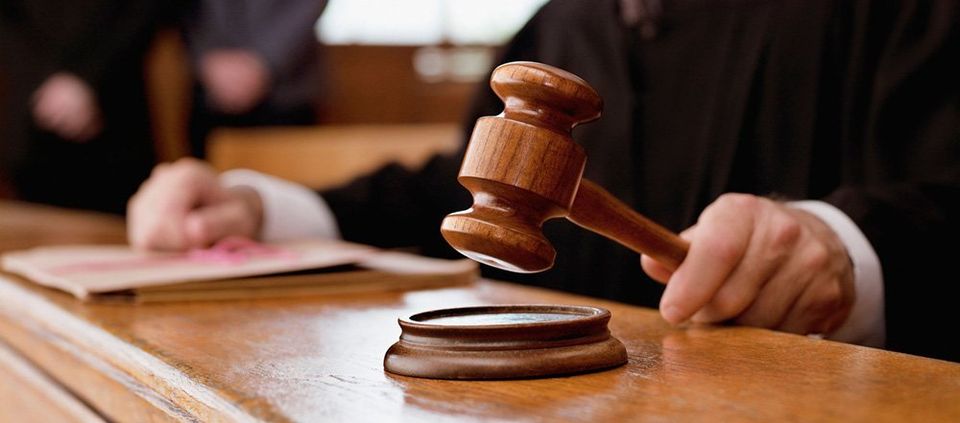
What Assets Are Affected by Intestate Succession?
Not Everything Goes Through Probate
One of the most common misconceptions is that all assets are subject to intestate succession. That’s not entirely true. Only probate assets—those owned solely by the deceased without a named beneficiary—go through intestate succession.
These include:
- Solely owned real estate
- Bank accounts without joint owners or payable-on-death designations
- Personal property (cars, jewelry, furniture)
- Business interests
Assets that usually bypass intestate succession include:
- Jointly owned property with right of survivorship
- Life insurance policies with named beneficiaries
- Retirement accounts like 401(k)s or IRAs with designated beneficiaries
- Trust assets
So, if you’re dealing with intestate succession probate cases, it’s essential to figure out which assets are actually on the table.
What Happens When There Are No Living Heirs?
Escheat: When the State Takes Over
It’s rare, but it happens. When a person dies intestate and no relatives can be found—no spouse, no kids, no cousins—their estate doesn’t just sit there. It goes through a process called escheat, where the property is transferred to the state.
This is a last resort, but in intestate succession probate cases, it serves as a safety net. Before that happens, courts will typically appoint a genealogist or researcher to find any distant relatives who may qualify as heirs.
Example: In one Dallas County case, a man died without a will, family, or known heirs. His estate—worth over $200,000—was about to escheat to the state when a distant cousin in Arkansas came forward with genealogical records proving the relationship. After months of hearings, she inherited the estate.
Intestate Succession and Minor Children
When Parents Die Without a Will
Things get particularly sensitive when a parent dies intestate and leaves behind minor children. Not only does the court have to distribute the estate, but it may also need to appoint a guardian.
Here’s what typically happens:
- The estate is split among the children according to state law
- A court-appointed guardian may be named to manage the inheritance
- Assets may be placed in a guardianship account until the children turn 18

This arrangement isn’t always ideal. A better option is for parents to create a will and name a guardian ahead of time. But if that doesn’t happen, the court will step in and make decisions based on the best interest of the child.
This underscores how high the stakes can be in intestate succession probate cases involving minors.
The Administrator’s Role in Intestate Succession
Similar to an Executor—but Court-Appointed
When there’s no will, there’s no executor. Instead, the court appoints an administrator to handle the estate. This person performs all the usual probate duties:
- Collecting and inventorying assets
- Paying debts and taxes
- Distributing the estate
- Filing paperwork with the court
Often, a close relative applies to be administrator, but the judge must approve them. If no one steps up—or if there’s a dispute—the court may appoint a neutral third party.
Because there’s no will providing guidance, administrators in intestate succession probate cases have to rely entirely on state law, making their job more rigid and sometimes more contentious.
Real-Life Example: Dispute Over Who Should Administer the Estate
After Raymond died intestate, his two adult children both filed petitions to be named administrator. His son argued that he was the oldest and had already handled most of the funeral arrangements. His daughter claimed her brother had a history of poor financial decisions and wasn’t trustworthy.
The probate judge held a hearing, reviewed financial documents, and ultimately chose the daughter to administer the estate. The son appealed but lost.
The takeaway? In intestate succession probate cases, administration is not automatically granted to the loudest or closest relative. The court chooses who can handle the job responsibly.
Complications in Blended Families and Stepchildren
When the Law Doesn’t Match the Family Dynamic
In many modern families, stepchildren are as loved and included as biological ones. But the law doesn’t always reflect that. In intestate succession probate cases, stepchildren do not automatically inherit unless legally adopted.
This can lead to heartbreaking results:
Example: After his father died intestate, Jason expected to share the estate with his two half-siblings (from his stepmother). But because he wasn’t legally adopted by his stepmother, he received nothing from her estate when she passed away—even though they had a close relationship for 30 years.
If you’re in a blended family, this is a powerful reason to plan ahead and not rely solely on intestate laws. Wills and trusts can fill in where the law falls short.
How Intestate Succession Affects Real Estate
Homes, Land, and Heirship Disputes
Real estate is often the most valuable—and most contentious—part of any estate. In intestate succession probate cases, it’s also one of the most complicated.
When someone dies intestate, their real property must be:
- Identified
- Appraised
- Distributed or sold
Heirs may be forced to co-own property or agree to sell it. If they can’t agree, the court may order a partition sale.
Example: In East Texas, four cousins inherited a family farm through intestate succession. One wanted to live on the land, another wanted to rent it out, and two wanted to sell. They ended up in court, and the judge ordered the property sold with proceeds split equally.

Final Thoughts on Understanding Intestate Succession in Probate Court
Dying without a will doesn’t mean your estate won’t be handled. It just means that the state—not you—decides how everything is distributed. For some families, this works out fine. But for many, it leads to confusion, delays, disputes, and outcomes that don’t reflect the deceased’s true wishes.
By understanding intestate succession in probate court, you’re better prepared to manage—or avoid—the chaos that comes with dying intestate. Whether you’re navigating a loved one’s estate or planning your own, knowledge is power. The more you understand now, the better you can protect your family later.
And if you’re currently involved in an intestate case, don’t try to do it alone. Probate courts can be complicated and unforgiving. Hiring an attorney, staying organized, and understanding your rights can go a long way in making sure the process is fair and efficient.





